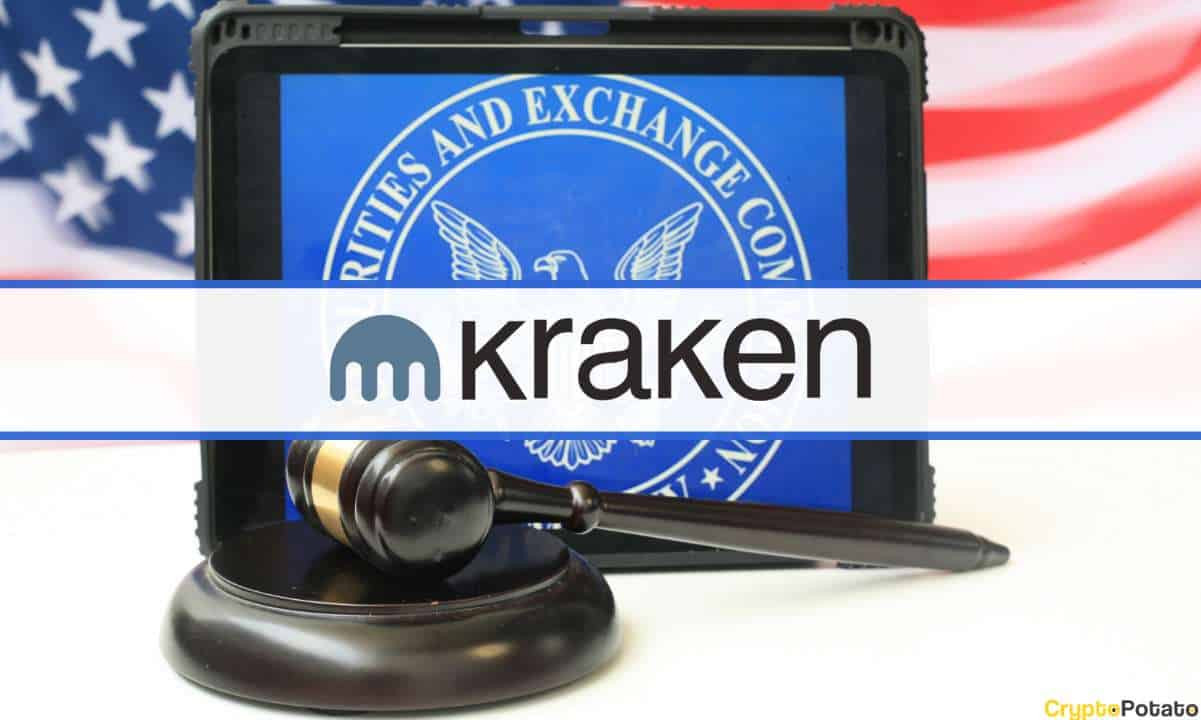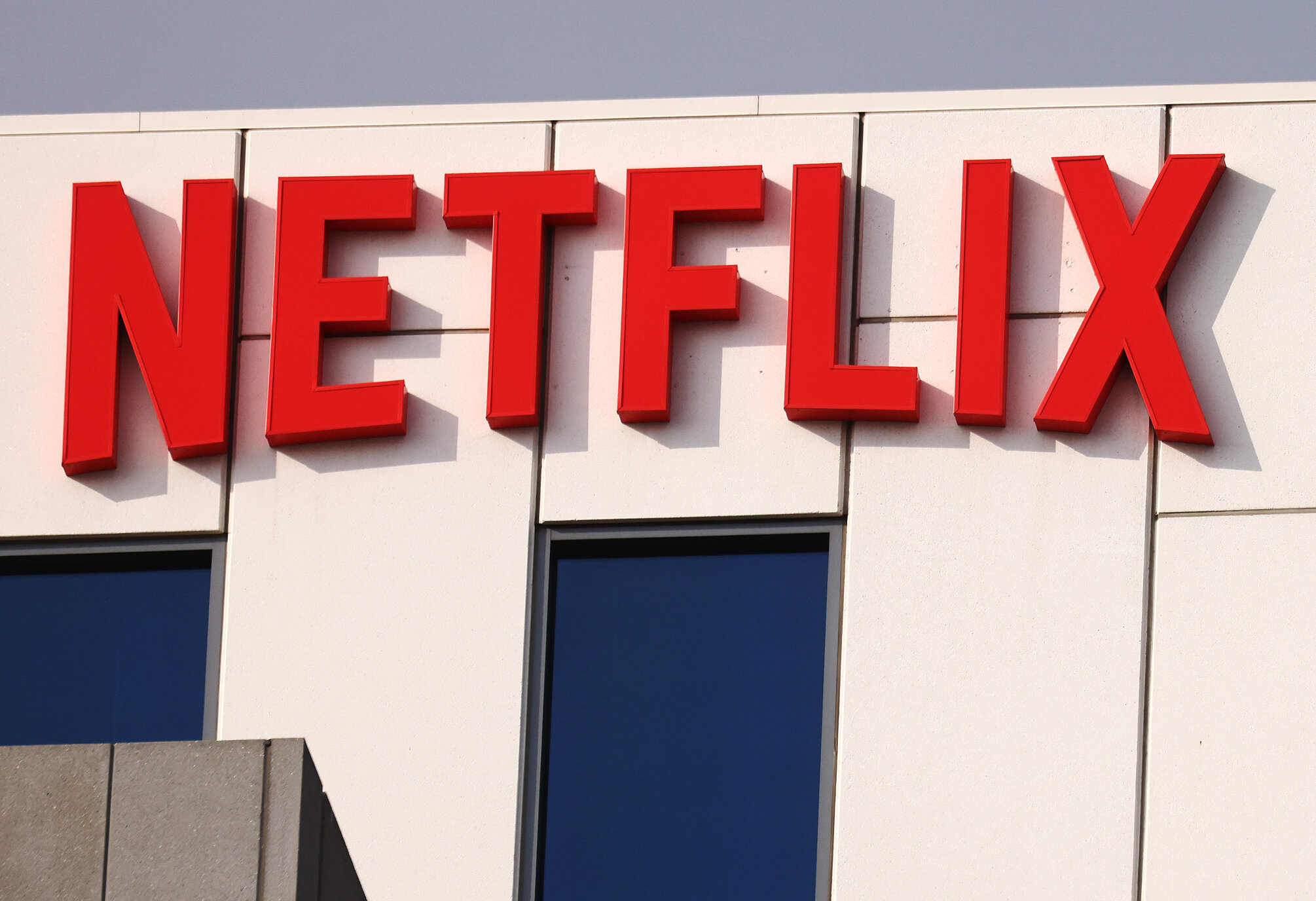Cryptocurrency platform Kraken must face a US Securities and Exchange Commission lawsuit accusing it of operating an unregistered securities exchange, a judge ruled.
The lawsuit, filed last November in the U.S. District Court for the Northern District of California, alleges Kraken operated as an unregistered securities exchange, according to court filings. The ruling puts an end to Kraken's slew of efforts to get the lawsuit dismissed.
Despite the ruling allowing discovery in the case to go forward, Kraken chief legal officer Marco Santori interpreted it as a “significant win for Kraken.”
“Fundamentally, the court in Kraken’s case made the same distinction as in the Ripple case: A token isn’t a security, but agreements around a token could be,” he said Friday in a post on X.
Neither the SEC nor Kraken immediately responded to a request for comment from Decrypt.
SEC vs. Kraken: A Battle Over Crypto Regulation
This latest turn in the Securities and Exchange Commission’s case against Kraken follows a months-long tussle between federal regulators and the cryptocurrency exchange.
Kraken made several attempts to get the SEC’s lawsuit against its business dismissed earlier this year. In February, Kraken's lawyers argued that the SEC had failed to prove whether transactions on its platform qualify as investment contracts according to the Howey Test.
Understanding the Howey Test
The Howey Test is used to determine whether an investment falls under federal regulators’ jurisdiction in the U.S.
The company's lawyers also argued that the SEC had not pointed out “investment contracts that were (or could be) traded, brokered, or settled on Kraken,” court records show.
Next Steps in the Case
Kraken must respond to the complaint within 20 days, according to the ruling. The case is now set to move into the discovery phase, where both sides will gather evidence and information.
The Implications for Crypto
This ruling could have far-reaching implications for the cryptocurrency industry. It could set a precedent for how the SEC will regulate crypto exchanges in the future. The outcome of this case will likely be closely watched by other crypto exchanges and investors.
The SEC is trying to establish its authority over cryptocurrencies, asserting that most digital tokens are unregistered securities subject to its oversight. This case underscores the SEC’s ongoing struggle to navigate the complexities of the crypto market.
The SEC under Chair Gary Gensler is highly critical of crypto exchanges and the digital-asset industry for alleged noncompliance. However, the question of whether digital tokens are securities has divided courts.
The case is part of a larger pattern of the SEC taking action against crypto companies. In 2021, the SEC sued Ripple Labs, alleging that its XRP token was an unregistered security. The case is still ongoing, but the SEC has scored some victories in other cases, such as its lawsuit against Coinbase.
The Kraken case is likely to be closely watched by both the crypto industry and the SEC. It will be interesting to see how the case unfolds and what the eventual outcome will be. The case could have a major impact on how crypto exchanges operate in the US and how the SEC regulates the crypto market.
The Ripple Case: A Potential Precedent
The ruling in the Kraken case echoes the SEC’s arguments in the ongoing Ripple case. In both cases, the SEC contends that certain crypto assets are securities, and thus require registration with the agency. The Ripple case is still pending, and the outcome of that case could have a significant impact on the Kraken case.
The judge in the Kraken case ruled that the SEC has plausibly alleged that some of Kraken’s transactions constitute investment contracts, and therefore securities. This aligns with the SEC’s position in the Ripple case, which argues that XRP token was an unregistered security. The Kraken case highlights the SEC’s focus on regulating the crypto market and its aggressive approach to enforcing securities laws.
The Importance of Clarity and Regulation
The SEC’s actions are driven by a desire to bring clarity and regulation to the crypto market. The agency believes that investors need to be protected from fraud and manipulation, and that crypto assets should be subject to the same rules as traditional securities.
This case highlights the need for clear and comprehensive regulations for the crypto market. While crypto exchanges like Kraken argue that they are not operating as unregistered securities exchanges, the SEC maintains that they are subject to its oversight.
The Future of Crypto Exchanges
The outcome of the Kraken case will have significant implications for the future of crypto exchanges. If the SEC wins, it will likely lead to increased regulation of crypto exchanges and a more challenging environment for them to operate in. However, if Kraken is successful in defending itself against the SEC, it could provide a boost to the crypto industry.
The future of crypto exchanges will depend on how the regulatory landscape evolves. This case underscores the importance of clear and comprehensive regulations for the crypto market and the need for exchanges to operate in a compliant manner.
Kraken's Response: A Battle for Transparency
In response to the ruling, Kraken’s chief legal officer Marco Santori asserted that the court had “unqualifiedly lost” on its “tokens are securities” theory. He believes that the SEC will need to prove each and every transaction on Kraken meets the criteria of the Howey Test, a task he believes they will not be able to achieve.
“The SEC unqualifiedly lost on this “tokens are securities” theory, and will not be permitted to rely on it going forward. Instead, it will need to prove, for every alleged transaction on Kraken, that the Howey Test factors are satisfied. They aren’t, and we look forward to proving this in discovery. Kraken will fight and Kraken will win,” Santori remarked.
The decision to allow the SEC’s lawsuit to proceed signals that the SEC’s strategy of regulation by enforcement in the crypto market will continue. However, Santori’s response, stating that the SEC cannot rely on its “tokens are securities” argument, suggests the battle for clarity and transparency in the crypto market is far from over. The case will now move into the discovery phase, where Kraken and the SEC will gather evidence and present their arguments. The outcome of the case could significantly shape the future of cryptocurrency exchanges in the US.
The Case for Clear Crypto Regulations
The ongoing legal battles between the SEC and crypto exchanges like Kraken are a sign of the evolving regulatory landscape of the crypto market. The SEC’s pursuit of Kraken and Ripple, both significant players in the crypto market, has intensified the debate surrounding crypto regulations. The SEC seeks to regulate the industry, arguing that the lack of clear guidelines and enforcement has created an environment vulnerable to fraud and manipulation.
Crypto exchanges like Kraken argue that they operate within the existing legal framework and are not subject to the SEC’s jurisdiction. They argue for clear and comprehensive regulations that provide a balanced approach to promoting innovation and protecting investors. The clash between the SEC and crypto exchanges highlights the need for a more definitive legal framework that addresses the unique aspects of the crypto market.
The Future of Crypto: Balancing Innovation and Protection
The Kraken case and the broader debate surrounding crypto regulations highlight the need for a balanced approach that promotes innovation and protects investors. The crypto market is still in its early stages of development, and clear regulations are essential for its continued growth.
The SEC’s aggressive stance towards crypto exchanges may discourage innovation, but it also reflects a commitment to protecting investors from fraud and manipulation. A more balanced approach, which involves clear regulations and dialogue between regulators and industry participants, is crucial to ensure a sustainable and healthy future for the crypto market.
The outcome of the Kraken case could have a significant impact on the future of crypto exchanges in the US. It could set a precedent for how the SEC will regulate the industry in the future and will likely be closely watched by other crypto exchanges and investors. The case is a reminder that the regulatory landscape of the crypto market is still evolving and will continue to be a subject of debate for some time.
Kraken's Response: A Battle for Transparency
In response to the ruling, Kraken’s chief legal officer Marco Santori asserted that the court had “unqualifiedly lost” on its “tokens are securities” theory. He believes that the SEC will need to prove each and every transaction on Kraken meets the criteria of the Howey Test, a task he believes they will not be able to achieve.
“The SEC unqualifiedly lost on this “tokens are securities” theory, and will not be permitted to rely on it going forward. Instead, it will need to prove, for every alleged transaction on Kraken, that the Howey Test factors are satisfied. They aren’t, and we look forward to proving this in discovery. Kraken will fight and Kraken will win,” Santori remarked.
The decision to allow the SEC’s lawsuit to proceed signals that the SEC’s strategy of regulation by enforcement in the crypto market will continue. However, Santori’s response, stating that the SEC cannot rely on its “tokens are securities” argument, suggests the battle for clarity and transparency in the crypto market is far from over. The case will now move into the discovery phase, where Kraken and the SEC will gather evidence and present their arguments. The outcome of the case could significantly shape the future of cryptocurrency exchanges in the US.
The Case for Clear Crypto Regulations
The ongoing legal battles between the SEC and crypto exchanges like Kraken are a sign of the evolving regulatory landscape of the crypto market. The SEC’s pursuit of Kraken and Ripple, both significant players in the crypto market, has intensified the debate surrounding crypto regulations. The SEC seeks to regulate the industry, arguing that the lack of clear guidelines and enforcement has created an environment vulnerable to fraud and manipulation.
Crypto exchanges like Kraken argue that they operate within the existing legal framework and are not subject to the SEC’s jurisdiction. They argue for clear and comprehensive regulations that provide a balanced approach to promoting innovation and protecting investors. The clash between the SEC and crypto exchanges highlights the need for a more definitive legal framework that addresses the unique aspects of the crypto market.
The Future of Crypto: Balancing Innovation and Protection
The Kraken case and the broader debate surrounding crypto regulations highlight the need for a balanced approach that promotes innovation and protects investors. The crypto market is still in its early stages of development, and clear regulations are essential for its continued growth.
The SEC’s aggressive stance towards crypto exchanges may discourage innovation, but it also reflects a commitment to protecting investors from fraud and manipulation. A more balanced approach, which involves clear regulations and dialogue between regulators and industry participants, is crucial to ensure a sustainable and healthy future for the crypto market.
The outcome of the Kraken case could have a significant impact on the future of crypto exchanges in the US. It could set a precedent for how the SEC will regulate the industry in the future and will likely be closely watched by other crypto exchanges and investors. The case is a reminder that the regulatory landscape of the crypto market is still evolving and will continue to be a subject of debate for some time.


















